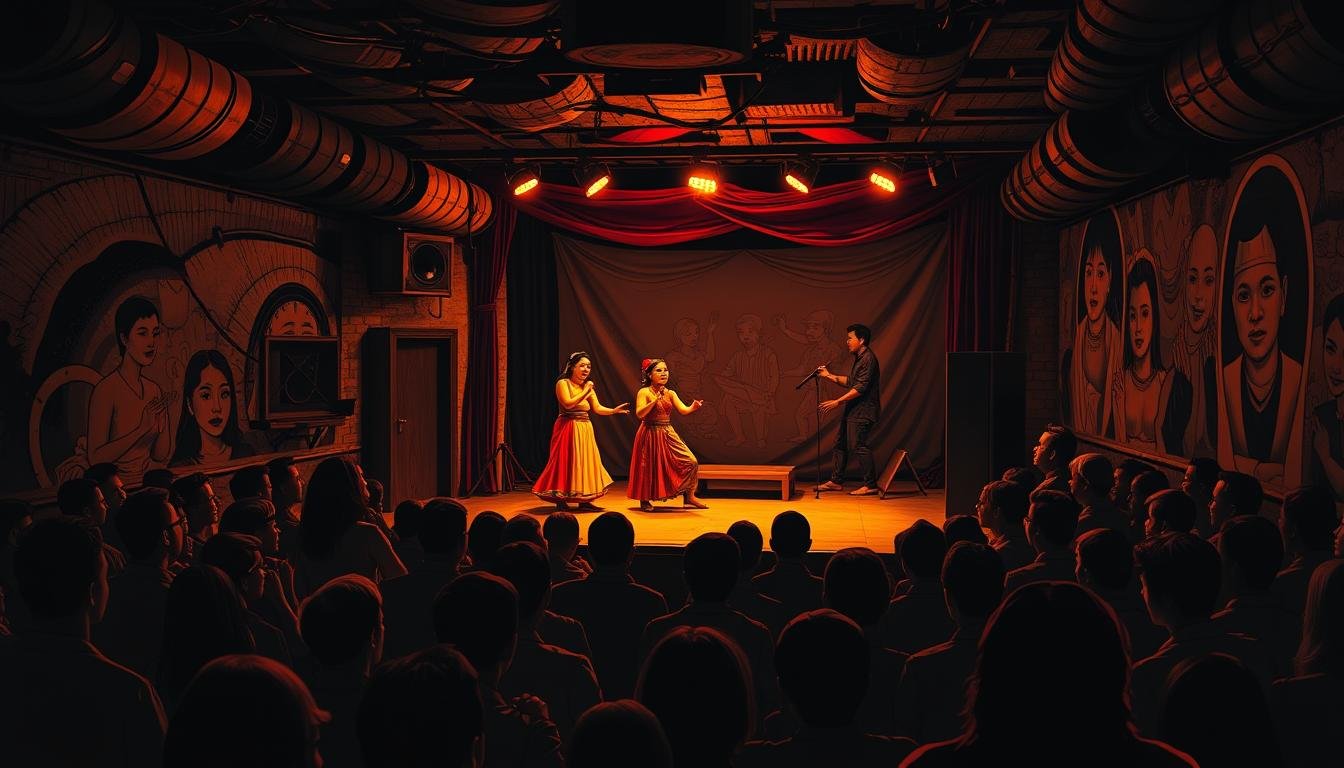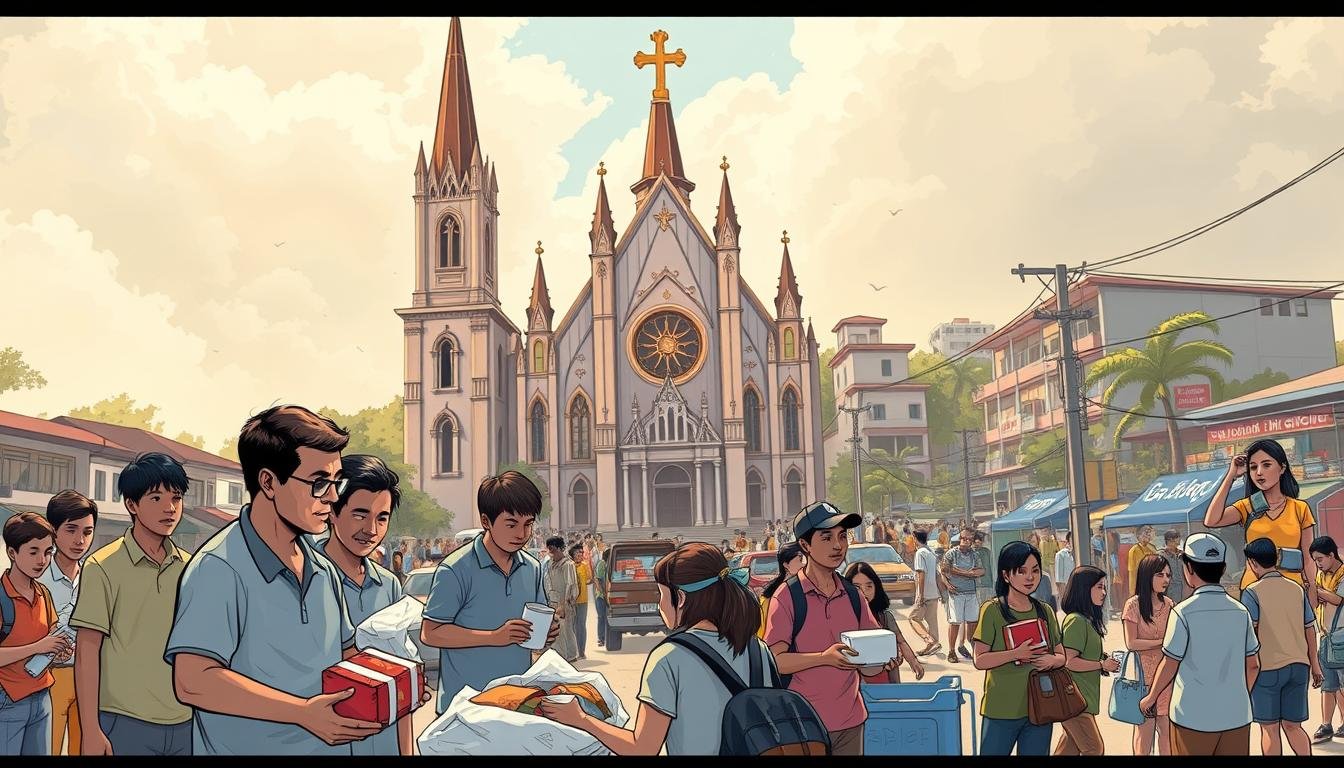Throughout history, music has served as a universal language, transcending borders and cultures. In the Philippines, it has played a dual role as both an artistic expression and a powerful tool for resistance. From ancient times to modern eras, melodies and rhythms have carried the voices of those fighting for freedom and cultural identity. Filipino…
The Development of Filipino Literature in the Post-War Era
The end of World War II marked a turning point for Filipino literature. Emerging from the shadows of conflict, it began to reflect the nation’s struggles and aspirations. This period saw a shift from oral traditions to printed works, paving the way for a modern literary vision. Post-war literature became a powerful tool for capturing…
The Impact of Japanese Social Customs on Filipino Etiquette
The Philippines and Japan share a rich history of cultural exchange. Over time, Japanese social practices have significantly influenced Filipino etiquette. This blend of traditions has shaped how Filipinos interact in both personal and professional settings. Historical ties, such as trade and migration, laid the foundation for this cultural fusion. Today, modern factors like media…
The Role of Filipino Doctors and Nurses in Providing Medical Care
Filipino doctors and nurses are essential pillars of the healthcare system, both in the Philippines and globally. Their dedication, expertise, and compassion have made a significant impact on patient care and community health. These professionals are celebrated for their ability to deliver high-quality medical services, often under challenging conditions. In the Philippines, medical doctors and…
The Role of the United States in Philippine Development
The relationship between the U.S. and the Philippines has shaped the latter’s growth in profound ways. From historical ties to modern-day collaborations, the U.S. has played a pivotal role in the Philippines’ development. This partnership spans economic, political, and cultural spheres, leaving a lasting impact on the nation. During the early 20th century, the U.S….
Post-War Reconstruction: Rebuilding the Philippines
The aftermath of conflict often leaves nations in disarray, requiring immense effort to rebuild. The Philippines faced such a challenge after its own civil war, with the need to restore infrastructure, governance, and social systems. This process, akin to the reconstruction efforts seen in the southern states of the U.S., was critical for the nation’s…
The Development of Underground Theater and Performances
The world of theatre has always been a reflection of society, evolving to meet the needs and desires of its audience. Underground performances, in particular, have carved out a unique space, offering raw and unfiltered expressions of art. Unlike mainstream productions, these shows often take place in unconventional venues, creating immersive experiences that challenge traditional…
The Impact of Japanese Food Rationing on Filipino Diets
During World War II, food scarcity became a harsh reality for many Filipinos. The Japanese occupation introduced a strict rationing system to manage limited resources. This system drastically altered daily life, forcing people to adapt to new dietary habits and food sources. Rationing, defined as the controlled distribution of scarce goods, was designed to ensure…
The Role of the Catholic Church in Providing Aid and Support
The Catholic Church has long been a cornerstone of humanitarian efforts worldwide. With a membership of over 1.3 billion, it operates thousands of schools, hospitals, and charitable organizations. Its mission extends beyond spiritual guidance, offering tangible support to those in need. In the Philippines, the Church plays a vital role in community development. It runs…
The Growth of the Philippine Economy in the 1950s
The 1950s marked a pivotal era for the Philippines as the country emerged from the shadows of World War II. This decade saw a remarkable transformation, driven by increased production and renewed growth. The nation began to rebuild its industries, setting the stage for a brighter future. Key indicators, such as GDP per capita, reflected…










